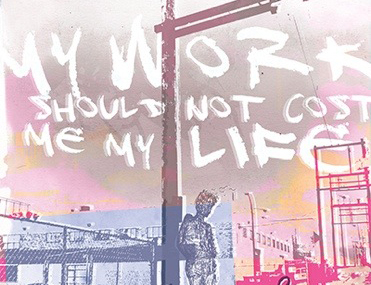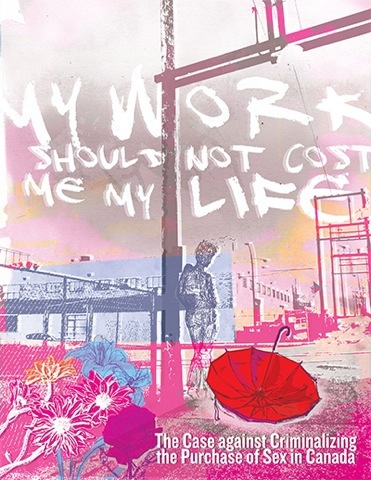On December 20, 2013, the Supreme Court of Canada rendered a landmark decision that substantially reshaped Canada’s legal framework regarding adult prostitution. The case of Bedford v. Canada resulted in the striking down of three provisions of the Criminal Code: the communication, bawdy-house and living on the avails laws. The Court found that these three provisions violate section 7 of the Charter of Rights and Freedoms (the “Charter”) given their negative impact on sex workers’ security of the person. The declaration of invalidity of the laws did not, however, take effect immediately. The Court gave the government one year to contemplate whether new prostitution laws should be enacted.
The Bedford decision has brought Canada to a critical juncture. Will Canada shift away from the criminalization of adult sex work? Or will the government continue to criminalize sex work in other ways? The Canadian government has indicated its interest in the approach taken in Sweden, which enacted a law in 1999 prohibiting the purchase of sexual services. Given the active debate that is occurring in Canada and around the world regarding Sweden’s approach to criminalization, it is an important time to examine and evaluate the evidence regarding the impact of this model.
For this report, Pivot Legal Society collaborated with Sex Workers United Against Violence (“SWUAV”) to produce a report which draws on a newly published peer reviewed report in British Medical Journal Open by Krusi et al., entitled “Criminalisation of Clients: Reproducing Vulnerabilities for Violence and Poor Health among Street-Based Sex Workers in Canada. A Qualitative Study.” (“Krusi et al. report”).2 The research for the Krusi et al. report was conducted by the Gender and Sexual Health Initiative (GSHI) of the BC Centre for Excellence in HIV/AIDS and the University of British Columbia (“GSHI/UBC research”) as part a larger ongoing research study on the health and safety of street and off-street sex workers throughout Metro Vancouver. The Krusi et al. report is available at www.gshi.cfenet.ubc.ca.
Pivot Legal Society, in partnership with SWUAV, drew on the findings of the Krusi et al. report as the evidentiary basis for an analysis of the constitutionality of a prohibition on the purchase of sexual services. Pivot and SWUAV, as community partners and co-authors in the GSHI/UBC research, provided legal/ policy input on the Krusi et al. report and, as such, had advance access to the research. This research was used to prepare this constitutional analysis.
Read more of ‘My Work Should Not Cost Me My Life‘








[…] For this …read more […]
Let’s see if the Canadian government prefers to believe it’s own lying eyes over Gail Dines bullshit. Each new report on the Nordic model does nothing but reaffirm what we all knew it would do, harm to sex workers with no reduction in sex commerce.